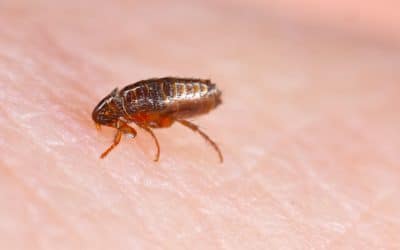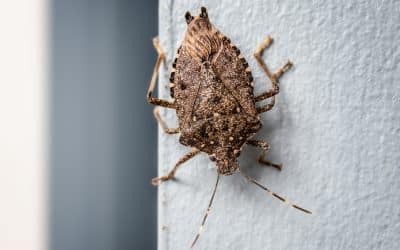
Pest Identification: Citronella Ants
Citronella ants get their name from the lemon-citronella odor they emit when threatened or crushed. They are subterranean insects that feed on the honeydew (excretions) of aphids and mealybugs feeding on the roots of shrubs.
Both the larger and the smaller yellow ant are found throughout much of the continental United States. They are very common in the eastern United States and are frequently confused with termites when they swarm into the living areas of homes. The swarmers are approximately twice the size of the workers and have dark, smoke-colored wings.
Nest sites may include open woods, pastures and fallow fields, gardens, lawns, and next to house foundations. Also, some colonies are located beneath concrete slabs and large rocks, and in and beneath rotting logs.
Swarms may occur in and around homes any time of the year. Citronella ants should be considered only as a nuisance pest species. Normally, they go unnoticed unless the swarmers enter through expansion cracks in slabs or around door openings. Although these intrusions may alarm homeowners, the ants will not reproduce within the home nor will they attack stored goods or structures.

Buzzwords
Serving Food, Not Pests: What Restaurants Need to Know
Pests and restaurants don’t mix. When you run a popular food establishment, everyone loves to stop in for a bite. Including unwanted pests. Even a small pest problem can threaten your health inspections, damage your reputation, and cost you customers. At Ford’s...
Flea FAQs: What You Need to Know
We’ve all been there: that tiny black spec…did it just move? If you’re a homeowner, few things can spark panic faster than spotting a flea in your carpet, on your bedding, or crawling on your pet. Fleas are annoying, but they also bite, can spread disease, and turn...
Bug Off! Keeping Stink Bugs Out of Your Home
Fall in New England brings crisp air, colorful leaves, and stink bugs. As soon as the temperatures start to dip, stink bugs start searching for a cozy spot to ride out the winter, and your home is often their top choice. Unless you know how to stop them. With a few...



